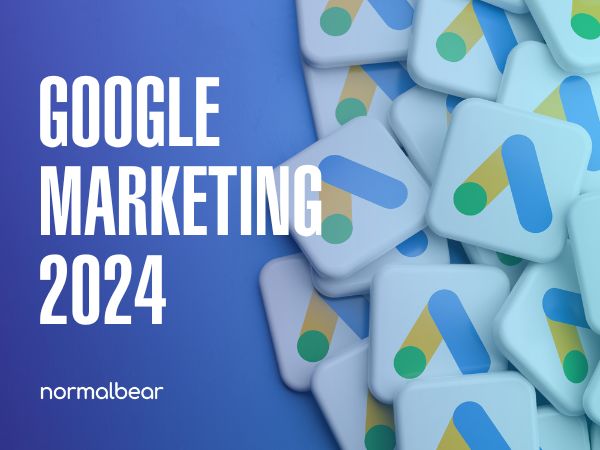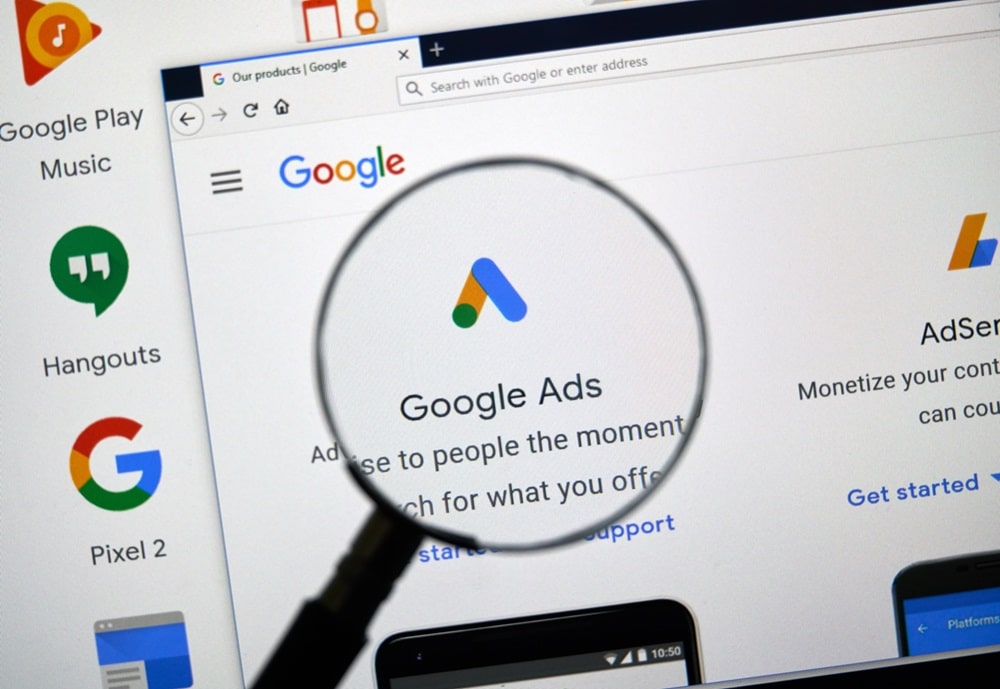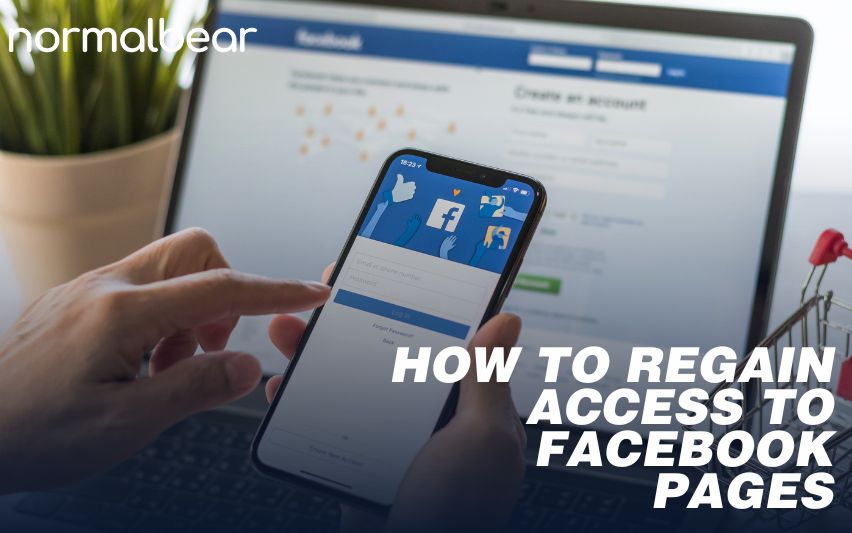Whether you’re a business owner or a professional marketer, it’s important to track and measure the success of your content in order to understand what works and what doesn’t. But with so many potential metrics to analyze, it can be difficult to determine which ones are the most important to focus on.
That’s where key performance indicators (KPIs) come in. KPIs are specific, measurable targets that help track the effectiveness of your content marketing efforts, allowing you to see if you’re meeting your goals and providing you with valuable insight into any potential areas for improvement.
In this article, we’ll delve into some essential KPIs that every business should be monitoring to ensure that their marketing efforts are paying off.
Time-on-Page
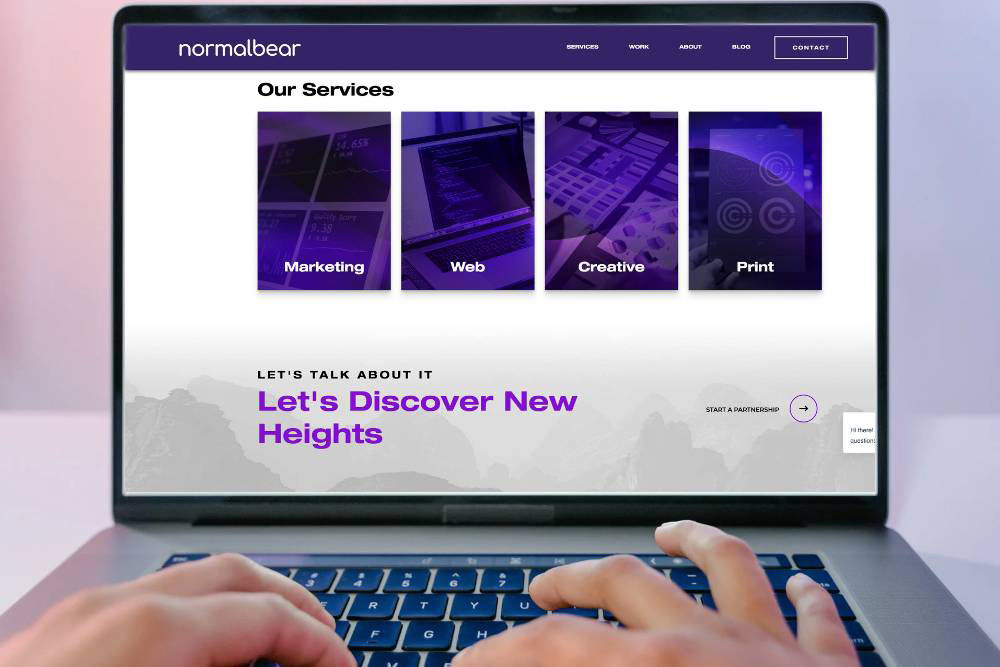
As you’ve probably guessed, time-on-page is a metric that measures the amount of time a user spends on a particular webpage. It’s an important KPI when it comes to judging how engaging and useful a piece of content is to your audience. If your visitors spend a significant amount of time on a given page, it’s safe to say that you’re holding their attention or providing them with something of value.
Organic Website Traffic
Organic traffic refers to visitors who arrive at your site via search engine results pages (SERPs) instead of through paid ads, referral links, or other methods influenced by advertisers. Organic traffic is vital for businesses to keep tabs on because it’s often a direct indicator of the effectiveness of their search engine optimization (SEO) efforts.
Organic traffic is also important to measure, given that it’s often more valuable than direct traffic. Studies have repeatedly shown that visitors who arrive at a website organically rather than through paid advertising are typically more engaged and more likely to convert.
Organic Rankings
Organic rankings refer to the position of a website in SERPs when a particular keyword or phrase is searched for. These rankings are crucial for businesses that want to increase the visibility, credibility, and authority of their websites, and higher rankings often directly help drive sales and generate new leads.
Organic rankings are, therefore, an important KPI, as they provide one of the most holistic views of a website’s performance. Like organic traffic, they can help measure the success of a business’s SEO strategies, but they can also be an indicator for factors like the quality and relevance of a site’s content, the structure and organization of the site, and its technical performance.
Bounce Rate
A website’s bounce rate is a measure of how many visitors leave the site after viewing only a single page. This typically indicates that visitors are not finding the content informative or engaging or that there are significant performance or display issues causing them to leave quickly.
Click-Through Rate

The click-through rate (CTR) of a website is a measure of how often people click on a specific link or advertisement on their page. It is a KPI used by businesses and marketers to determine the effectiveness of an online advertising campaign.
A high CTR indicates that the ad or link is relevant and that it appeals to the target audience, thus making it more likely to result in conversions. On the other hand, a low CTR may indicate that the ad or link is not resonating with the audience and that it may need to be re-targeted.
Conversion Rates
A conversion rate is a measure of how effectively a website or marketing campaign is able to turn visitors into customers or leads. This could mean making a purchase, filling out a survey, or subscribing to a newsletter. In other words, this measures how many users are doing what a business wants them to do.
Pages-per-Session
Page-per-session refers to a measure of the average number of pages that a visitor views on a website during a single visit.
High pages-per-session numbers may indicate that visitors find the content on the website valuable and are exploring it further, while a low pages-per-session number may indicate that visitors are not finding the content on the website engaging or relevant and are therefore leaving the website quickly. It may also indicate that the website is difficult to navigate or has a poor user interface.
Inbound Links
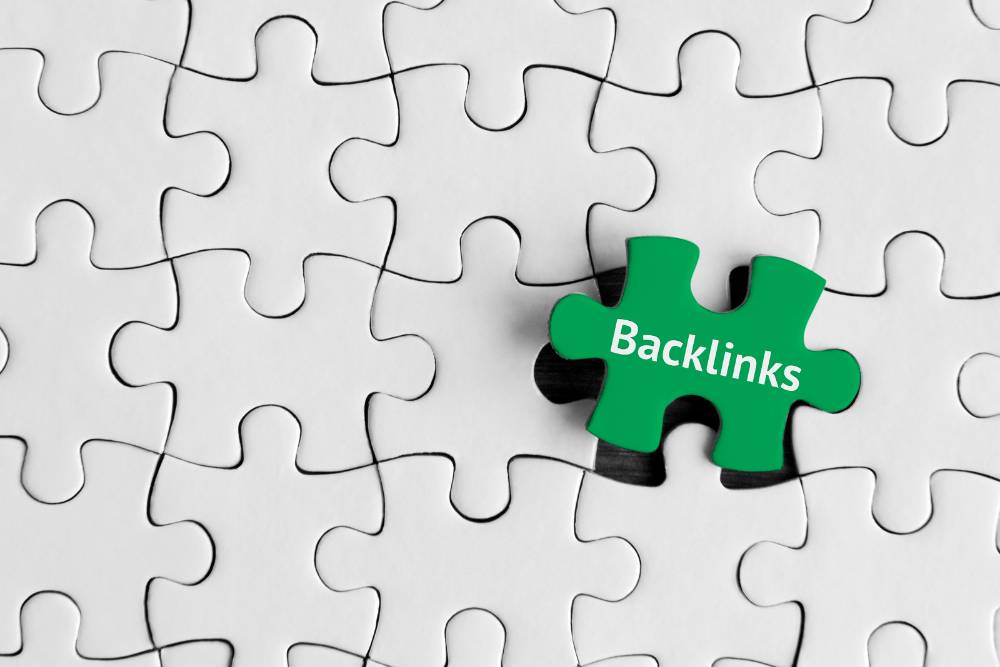
Inbound links, also known as backlinks, are links from other websites that point back to yours. When a website has a large number of high-quality inbound links (meaning ones from reputable or authoritative sources), it indicates to search engines that your site is also a valuable and trustworthy source of information, resulting in better organic rankings.
Leverage These KPIs with Normal Bear
Content marketing is a powerful tool for driving engagement and conversions to your website. By tracking the Essential Content Marketing KPIs, you can measure the success of your content strategy and make necessary changes in order to get maximum benefit from it. The most important metrics include page views, time on page, bounce rate, organic search traffic volume and conversion rate. By having this information at hand you can easily assess which type of content resonates best with your audience and adjust accordingly. Now that you know what to track, start leveraging these KPIs today, and optimize your content strategy for maximum growth!
If you’re looking for help with your content marketing, contact Normal Bear! With detailed reports and easy-to-use dashboards, we can track the effectiveness of your campaigns and optimize your strategies for better performance. Schedule a call with us today!


